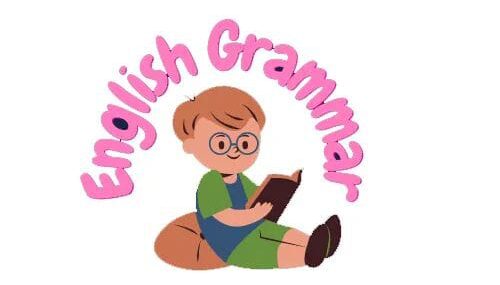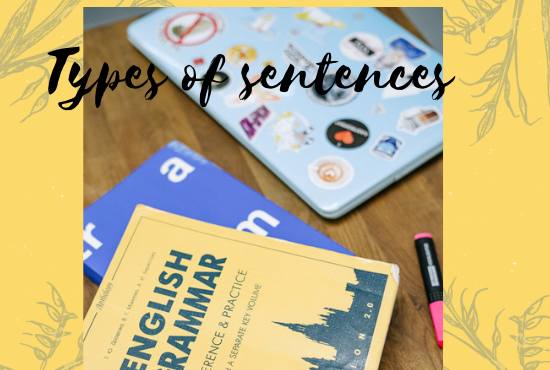Present Continuous Tense II (I am doing)
Present continuous tense II
Rule I:
Some adverbs are used in progressive tense : now, still, at present, at the moment, currently.
Examples: wait for a while, I’m still taking lunch.
He is going to Mansarovar plaza now.
He is solving mathematics at present.
She is changing her dress at the moment.
Rule II(Present continuous tense II):
This tense is used to indicate the temporary nature of the action which is not being done at the time of speaking but it is going on nearby suitable time or these days.
I am living in Jaipur. I am living in a rented house. She is reading a novel.
She is studying chemistry these days.
Rule III: (Present Continuous Tense II )
This tense is used for the nearest future to indicate a fixed programme or plan.
Some adverbs of time denote future plan in progressive action:
Tonight, tomorrow, next day/morning/night/week/month/year, this morning/evening/night, at 5’o’clock, 6 a.m. etc.
He is coming tonight by air.
She is going to Mumbai this evening.
I am leaving for Meerut next month.
My sister-in-law is coming next month.
Arijit Singh is coming to a concert tomorrow.
Rule IV: (Present Continuous Tense II )
It is used to denoted intention or likelihood (possibility).
It shows future probability.
I am going to die. About to die (Likelihood)
I am going to drive Rahul home. (likelihood)
She is going to see her parents. (intention)
Rule V: (Present Continuous Tense II )
Some verbs/ actions/main verbs are not used in present continuous.
Appear, accept, admit, belong to, believe, see, hear, smell, notice, recognize, like, dislike, hope, owe, require,
regard, recollect, abhor, refuse, despise, displease, doubt, detest, look, love, hate, desire, wish, intend, suppose,
please, possess, imagine, consist of, comprise, contain, want, seem, deny, prefer, satisfy, depend, deserve,
keep, own, know, trust, think, mean, remember, forget, resemble, need, dare, sound etc.
-ing is not used with the above actions but it can be used if purpose, reason, expectation or other things are mentioned.
Examples:
I am feeling (× )
I am feeling hungry. (√)
I am thinking. (× )
I am thinking of going to Paris. (purpose to go) (√)
She is knowing him. ( ×)
She knows him. (√ )
He is understanding it. (× )
I’m getting it. ( √ )
He understands it.
Rose is smelling good. (×)
Rose smells good.
Exercise
Use progressive verbs and helping verbs according to subjects:
- ……. he going home now? Yes, he is ……… home now. (is/are/am/was/were/ go/going/doing, do)
- She is ……. a novel at the moment. (going/reading/read)
- My honour usually speaks Marathi but today he is …….. English. (speak, speaks, spoken, speaking)
- Are you …… of going to Haridwar? (think, thinks, thinking)
- My puppy barks at the stranger a lot but he …… at the moment. (don’t bark, doesn’t bark, barks, are barking, isn’t barking)
- She …….. him. (knows, know, is knowing)
- he …….. me. (understands, understand, is understanding, are understanding)
- I ……. to lose the match. (am going, is going, go,)
- What happened? He ….. in the chair and ………..(sits, sit, is sitting, are sitting, cries, crying, is crying)
- My brother …….. that you are a very good person. (feel, feels, is feeling)
- She is ………. prepare for a government job. (go, going to, goes to)
- The guests are ………. come. (about, about to, about coming)
- Currently I …………… in a sports company. (work, am working, works)
- Is he still ………. there? (play, playing, plays)
- I ………. swimming. (like, am liking, likes)
https://www.englishclub.com/grammar/verb-tenses_present-continuous.htm

